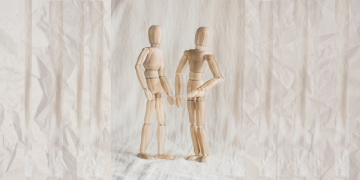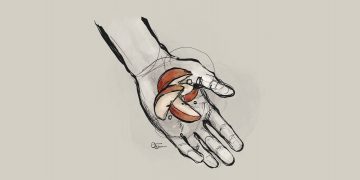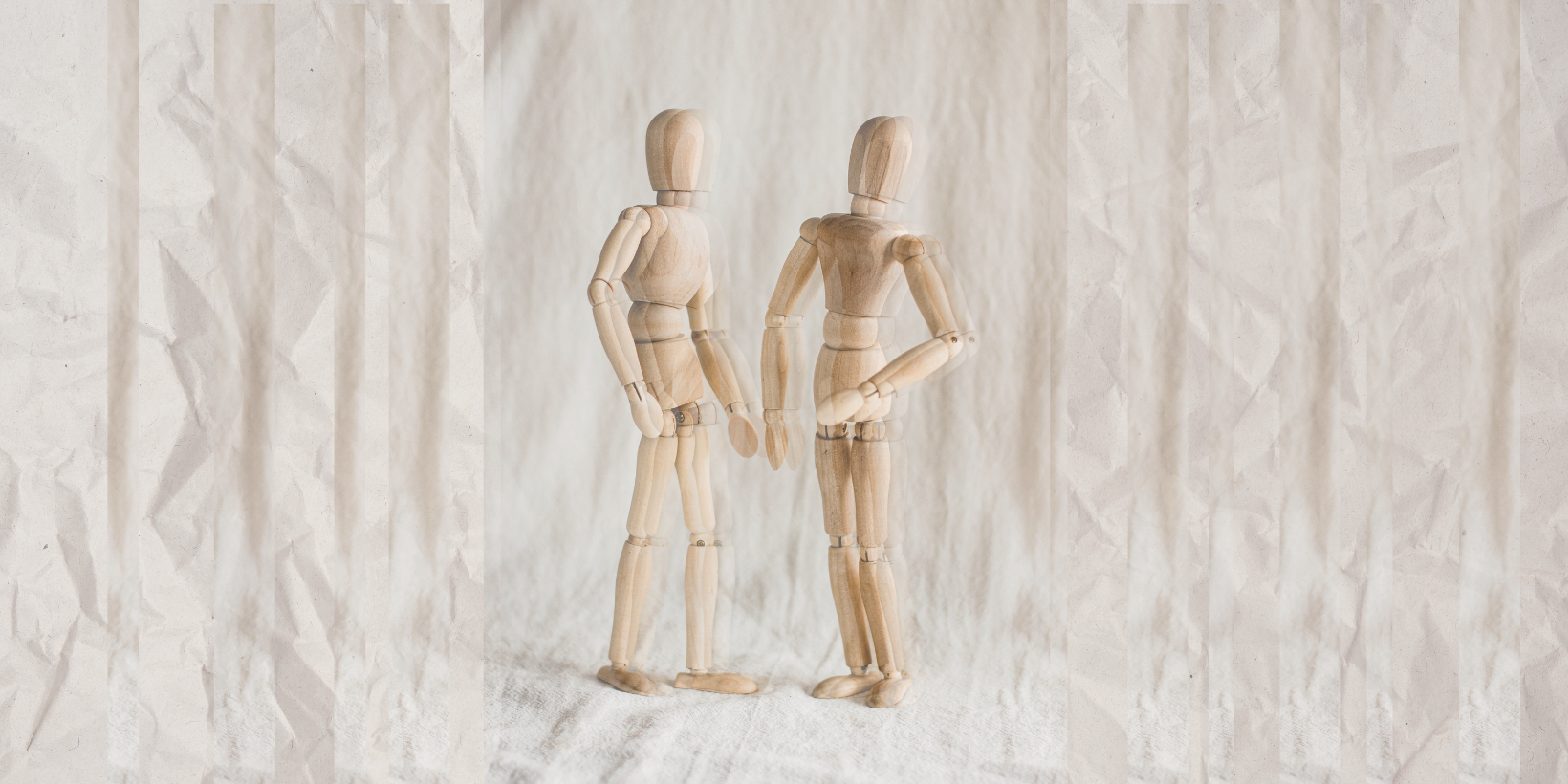As I work in the Pure Desire ministry at church, I’ve reflected more on what the Bible says about our bodies and their relationship to our connection with God. Once we surrender our lives to Christ, we become much more aware of our sinful nature. There are even some of us who may feel our bodies are the cause for many of the problems we face in our spiritual walk. There is a tendency–especially when struggling with sexual sin–to sometimes reduce our struggle to that simple binary of the physical flesh versus an immaterial spirit. But in doing so, we miss the value and benefit of how much our physical body has to offer our spiritual growth.
There is a tendency–especially when struggling with sexual sin–to sometimes reduce our struggle to that simple binary of the physical flesh versus an immaterial spirit. But in doing so, we miss the value and benefit of how much our physical body has to offer our spiritual growth.
In John Piper’s piece “The War Within: Flesh Versus Spirit,” Piper defines “the flesh” as either the body or the ego: “Most of the time… [the flesh] does not simply refer to the physical part of you. Paul does not regard the body as evil in itself. The flesh is the ego which feels an emptiness and uses the resources in its own power to try to fill it. Flesh is the ‘I’ who tries to satisfy me with anything but God’s mercy.”
Paul writes to the Galatians: “Those who belong to Christ Jesus have crucified the flesh with its passions and desires” (Galatians 5.24). He uses this same context to refer to the flesh as a sinful nature in Galatians 5:13, when he says, “For you were called to freedom, brothers. Only do not use your freedom as an opportunity for the flesh, but through love serve one another.”
But earlier in that same letter he states, “I have been crucified with Christ, it is no longer I who live, but Christ who lives in me; and the life I now live in the flesh I live by faith in the Son of God who loved me and gave himself for me.” (Galatians 2.20)
In this latter verse from Galatians 2, the flesh is used in its less usual meaning referring to ordinary bodily existence, which is not in itself evil. But “I” is crucified in this text, the “I” now lives by faith in Christ – meaning same body, but different self.
In a different letter from Paul, we also learn that our bodies are temples to the Holy Spirit: “Do you not know that you are God’s temple and that God’s Spirit dwells in you? If anyone destroys God’s temple, God will destroy him. For God’s temple is holy, and you are that temple” (1 Corinthians 3:16-17).
So, to struggle with the physical body is to struggle against the temple of the Holy Spirit – it is not the same as struggling against sin. If we feel like our body is completely sinful, we hate and shame it. When we value it as a temple of the Holy Spirit and truly believe that, we honor it and treat it differently. We fight to keep our redeemed bodies and hearts holy. If we are ashamed of our bodies, we face the danger of withdrawing into a faith that is mostly intellectual or minimized into a set of behaviors.
When we value [our body] as a temple of the Holy Spirit and truly believe that, we honor it and treat it differently. We fight to keep our redeemed bodies and hearts holy.
There are parts of us that have adjusted to the brokenness of this world and so feel unsafe in the goodness of a faithful and loving God. God is so unlike anything we have experienced in this fallen place, it is no wonder we struggle to adjust. To wrestle with those parts of ourselves, those desires in rebellion against God, that is the true battle.
The tension within our hearts is evidence of our internal transformation; we are no longer a slave to sin and death, but free to choose what is good and everlasting. A sign that you are indwelt by the Holy Spirit is not that you have no bad desires, but that you are at war with what is unholy, what separates us from a relationship with God.
A sign that you are indwelt by the Holy Spirit is not that you have no bad desires, but that you are at war with what is unholy, what separates us from a relationship with God.
There is power in whether we are connected or disconnected with our bodies. I encourage you to spend five minutes every morning and every evening paying close attention to how your body is feeling, what you are sensing, responding to, tensing up or relaxing, letting go of or holding onto. How does your body feel right now even just imagining doing that exercise?
Your body is not the enemy; your body is created, loved, redeemed, and useful to your faith.
Yes, our earthly bodies are beaten and bruised. Our survival instincts have adapted to a fallen world, leaving us with triggers, personal trauma, and the inability to understand one another without extreme effort. Still, our bodies are part of our redemption story: “But our citizenship is in heaven, and from it we await a Savior, the Lord Jesus Christ, who will transform our lowly body to be like his glorious body, by the power that enables him even to subject all things to himself” (Philippians 3.20-21).































































